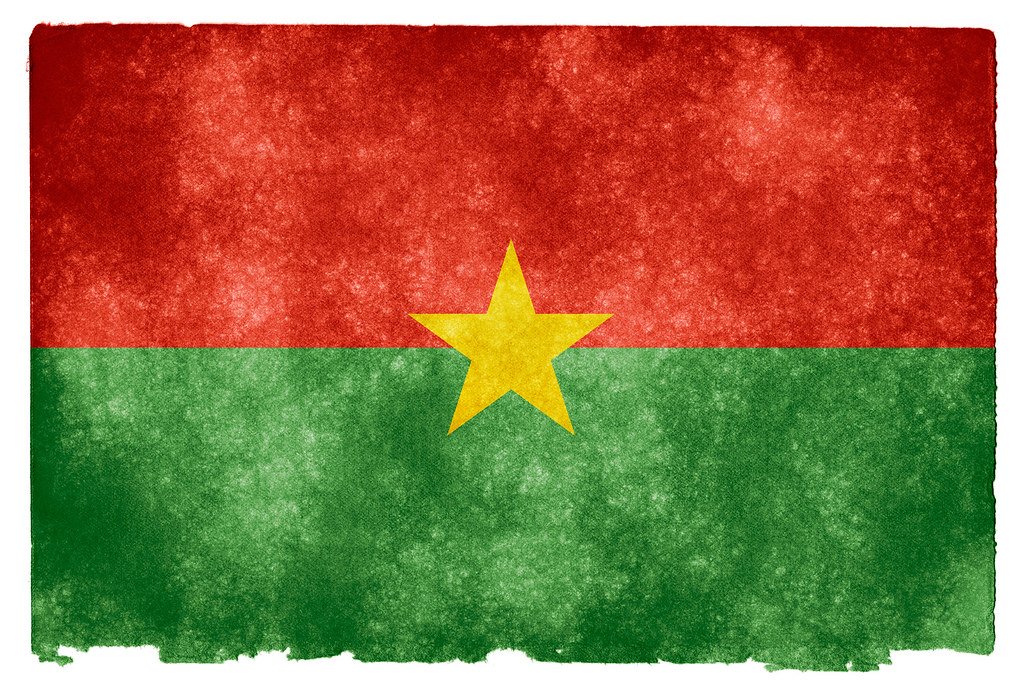In the heart of West Africa, Burkina Faso, a nation striving for peace, recently bore witness to yet another horrific act of violence. Late on a Tuesday night, armed men suspected to be jihadists attacked an internally displaced people’s camp in Wendou, Seno province. This devastating incident resulted in the death of eight individuals, with around 10 others seriously injured. In the aftermath of the violence, the specter of the ongoing jihadist insurgency looms ever larger over this troubled nation.
The Attack’s Immediate Aftermath
A local official shared the harrowing details of the attack with AFP, revealing the gravity of the situation. According to him, the camp in Wendou had been a sanctuary for the displaced for over three years. Despite the semblance of safety these camps offer, they are, unfortunately, not immune to the violence that has ravaged Burkina Faso.
A resident of the camp, recounting the horrors of that night, said, “The shooting lasted an hour.” The entire ordeal has left the community in shock, with the full extent of the attack’s consequences still uncertain. He added, “The number of victims could be higher because several people can’t be found. We still don’t know if they were killed, abducted, or managed to flee.” Understandably, fear has gripped those left behind, and many have chosen to leave the camp in search of a safer refuge.
In response to the attack, local security forces have been mobilized, and measures are being implemented to ensure the safety of the camp’s residents. Yet, one cannot help but wonder if these measures are sufficient to combat the rising tide of jihadist activity.
A Country in Crisis
The tragedy in Wendou is but a single chapter in Burkina Faso’s prolonged fight against jihadist insurgency. This wave of terrorism, which began in neighboring Mali in 2015, rapidly spilled over into Burkina Faso, destabilizing the already fragile socio-political environment.
Since 2015, the Armed Conflict Location and Event Data Project (ACLED) has monitored the situation closely. Their data paints a somber picture: over 17,000 civilians and troops have lost their lives in jihadist attacks across the nation. Alongside this tragic loss of life, there has been a massive internal displacement of the population. Over two million people have been forced from their homes and communities due to the relentless violence, marking one of the worst internal displacement crises Africa has ever seen.
The Struggle of the Internally Displaced
Internally displaced people (IDPs) in Burkina Faso face an existence fraught with danger and uncertainty. The camps, like the one in Wendou, are meant to provide a semblance of safety and stability. However, as demonstrated by the recent attack, even these sanctuaries are no longer safe.
The life of an IDP is one of constant upheaval. Forced to flee their homes due to circumstances beyond their control, these individuals are confronted with the daunting task of rebuilding their lives, often with limited resources and in unfamiliar surroundings. Furthermore, the constant threat of jihadist violence means that many live in perpetual fear, even within the confines of the camps.
The Regional Context and the Jihadist Threat
The jihadist insurgency’s origins can be traced back to the turmoil in neighboring Mali. Over the years, various jihadist groups have taken advantage of political instability and porous borders to expand their influence and operations across West Africa.
Burkina Faso, with its under-resourced military and complex political landscape, became a prime target for these extremist factions. The country’s north, in particular, has seen a disproportionate share of attacks, largely due to its proximity to Mali and the vast Sahelian region, which offers militants both cover and escape routes.
Looking Ahead: The Path to Peace
Addressing the jihadist threat in Burkina Faso requires a multi-faceted approach. Military interventions, while necessary, are not sufficient on their own. The government must also address the underlying socio-economic factors that allow extremism to flourish. This includes bolstering education, promoting inter-religious dialogue, and strengthening the nation’s economy.
Moreover, there’s an urgent need for increased international support. Foreign aid, intelligence sharing, and capacity-building for local security forces can go a long way in mitigating the jihadist threat.
Burkina Faso’s displaced people also need significant attention. Efforts must be intensified to provide them with the security, resources, and support necessary to lead dignified lives, free from the threat of violence.
Conclusion
The tragic attack in Wendou is a stark reminder of the challenges Burkina Faso faces. As the nation grapples with the ongoing jihadist threat, it is essential to remember the human cost of this conflict – the lives lost, families torn apart, and communities shattered. With concerted effort, both from Burkina Faso and the international community, there is hope that peace may eventually be restored.
Read More:
